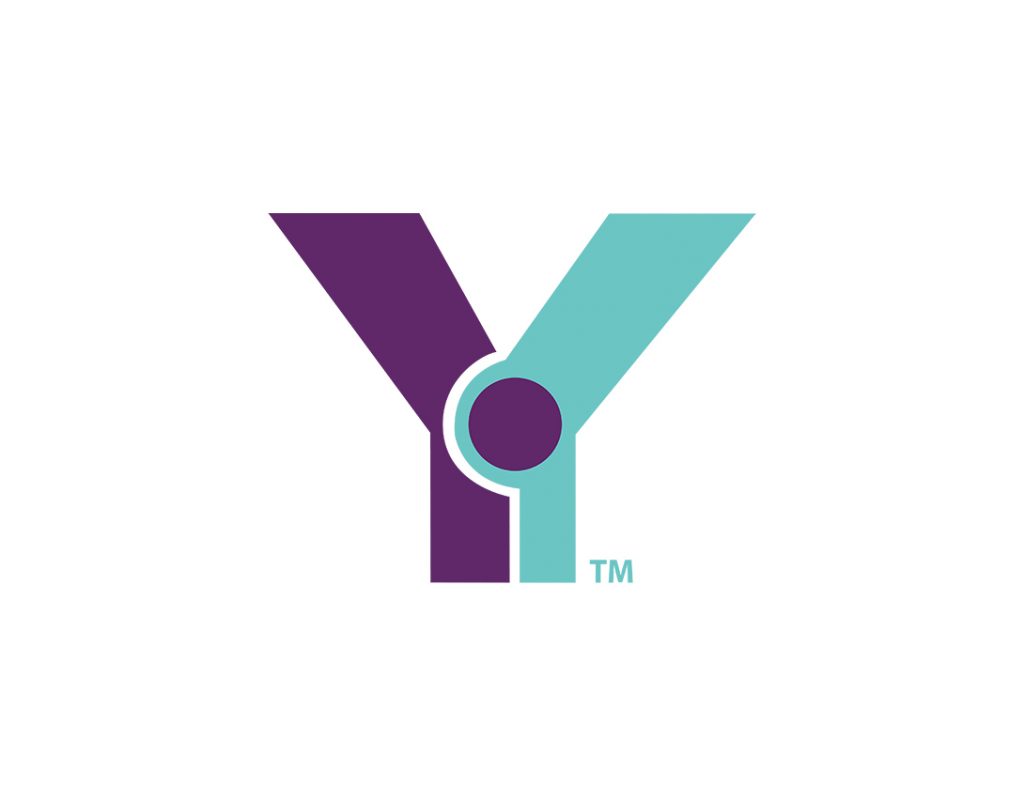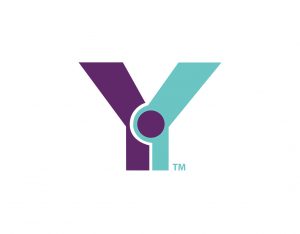At sundown on April 3rd, Jewish families everywhere will begin the holiday of Passover, commemorating the story of the ancient Israelites being freed from slavery in ancient Egypt.
With Passover being one of the most celebrated Jewish holidays both in the US and abroad, the holiday marks its importance in Jewish culture and identity. Jewish families come together and celebrate with a Seder, literally “order”. One of the most popular portions of the seder is the Ma Nishtana?, or 4 Questions. At this point in the evening, traditionally the youngest member of the family recites the 4 questions aloud:
Why is this night different from all other nights?
1) On all other nights we eat bread or matzah, but tonight we only eat matzah
2) On all other nights we eat many vegetables, but on this night we eat marror (bitter herbs)
3) On all other nights we do not dip vegetables even once, on this night we dip twice
4) On all other nights we eat sitting and reclining, on this night we recline
It is by no accident that the custom has become for the youngest recite these four questions. It is important to teach at a very young age that the best way to learn, is to ask. How would we ever learn without asking? “The important thing is to not stop questioning. Curiosity has its own reason for existing.” —Albert Einstein
As we celebrate the holiday of freedom, we should all try to take a moment and ask not only to help ourselves, but to help others. How can we help our family, friends, and community members in a meaningful and impactful way? How can I use my resources to help others? How can I make this day from all other days?
Happy Passover!



